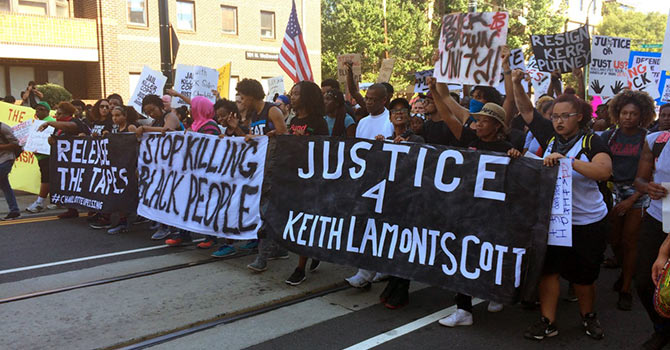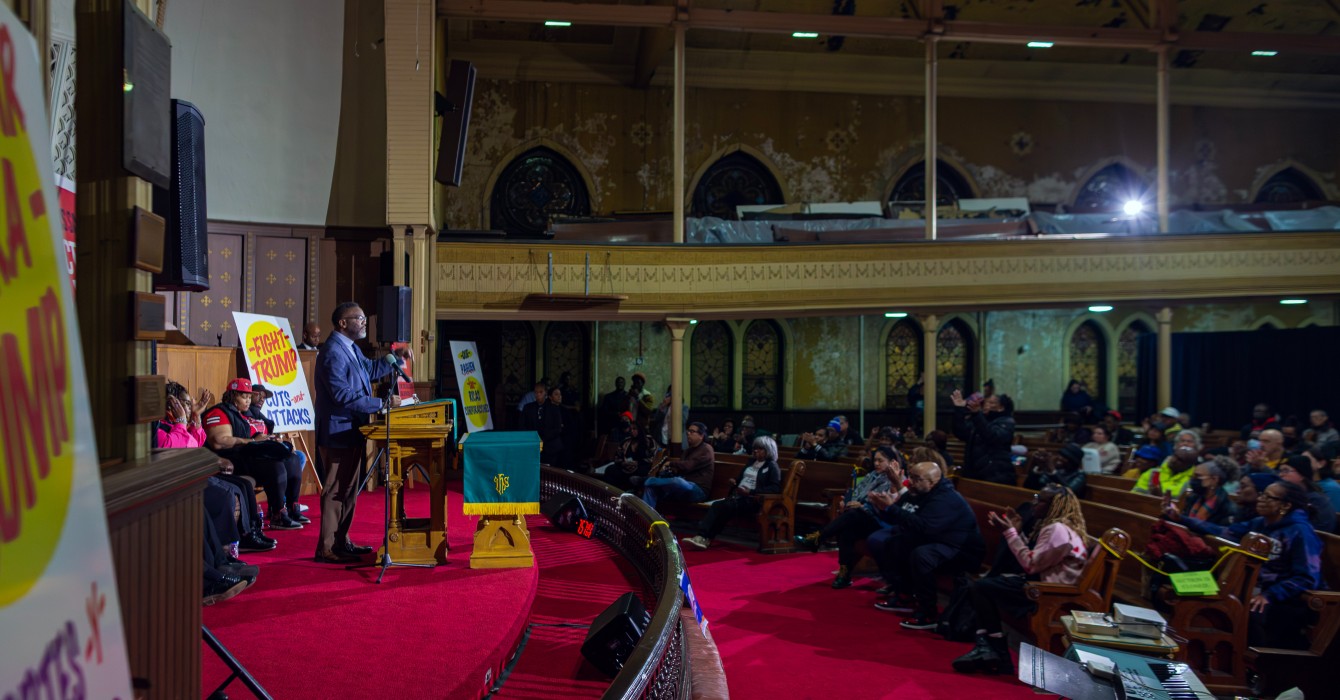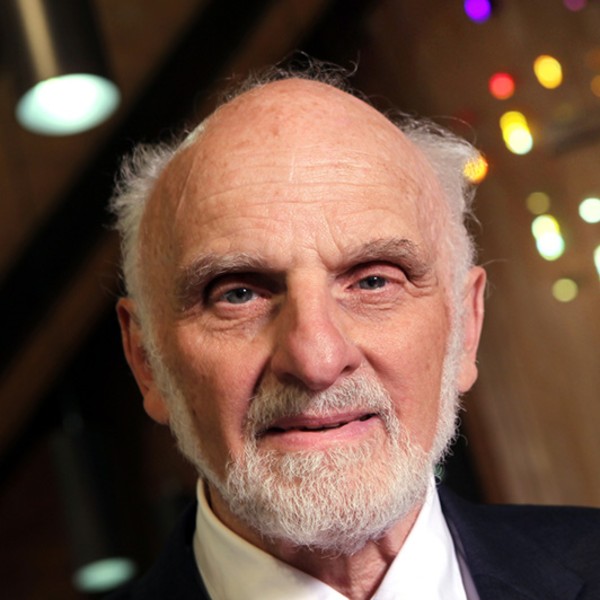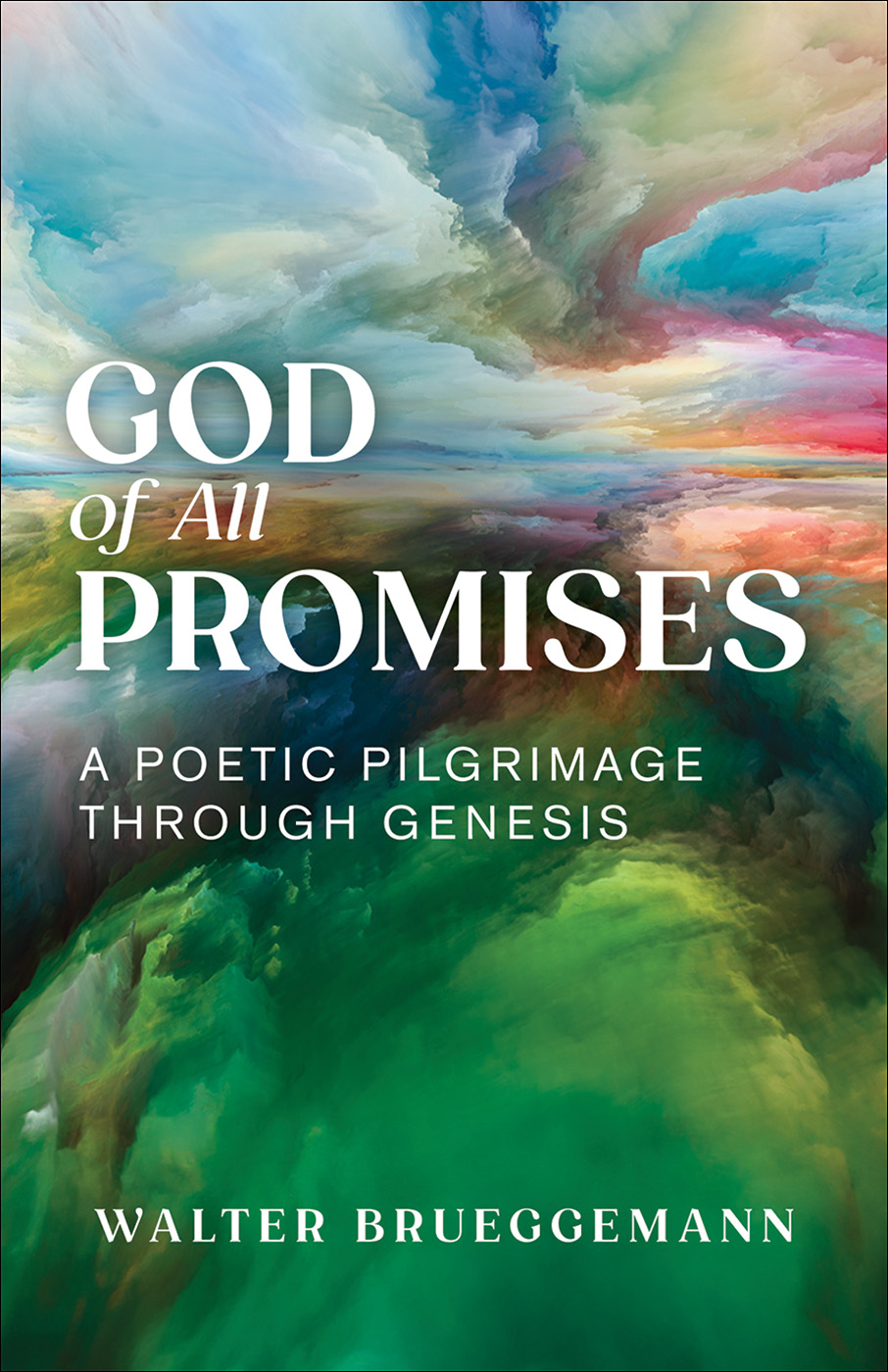Long into the night, the chant bounced up hundreds of feet of glass and steel. Tears of rage, despair and grief mingled with the sweat of marching, block after block, mile after mile along the streets of Charlotte, North Carolina.
The cry roared on: “No justice? No peace!”
The crowds kept coming for more than a week in late September. They gathered to protest the killing of Keith Scott by a Charlotte-Mecklenburg police officer. They demanded justice for this particular situation, but also for the long history of race-based oppression in our culture.
Clergy -- such as myself -- showed up as well. We represented many institutions and congregations, from storefront gatherings to some of the most prominent steeples in town.
Yet most of us clergy at some point found ourselves feeling a bit lost and useless, and more than a bit confused. In the midst of such an outpouring -- an act of resistance -- what was our role?
What should people responsible for, and to, our institutions do when people marginalized by institutions say “Enough!” and take to the streets?
During that period in September, we were trying to learn and reflect on this as we were doing it. Action and reflection were taking place in the same step, even in the same breath.
The first week of protest was dominated by meetings and organizing during the day and marches and rallies at night. At the meetings, leaders from the communities on the front lines offered strong critique and imaginative ideas about how to address the wrongs.
In those gatherings, we were able to ask them directly, “How do you see the role of clergy in this movement? What should we do to help?”
We got multiple answers, but they echoed one central idea: “Stay in your lane.”
Danielle Hilton, one of the frontline community organizers, explained to us that faith leaders could support the movement by offering authentic action within our existing spheres of influence. Don’t displace or duplicate the efforts of existing and emergent frontline leaders, she said.
This can be uncomfortable for faith leaders who are accustomed to being in charge, or to being gatekeepers of institutional power.
“Get used to being uncomfortable,” Hilton counseled.
The request that we stay in our lane was not a nice way of telling us to get lost. Rather, it was an affirmation that faith leaders need to show up and do the things that faith leaders know how to do.
Networks of frontline leaders and activists are already organizing acts of resistance to state violence and leading their communities to build alternatives. This is their lane.
Clergy -- I'm speaking here primarily about white pastors -- need to show up as clergy, and to bring with them the resources and gifts of their training and their networks.
What does that mean? Staying in our lane means first listening to those voices who are close to the ground. Our lane includes marching and chanting in the streets as a beginning point, but it only starts there.
Those who are suffering the most direct harm are asking us to live into our prophetic vocation by preaching with Isaiah from our pulpits that “every valley will be lifted up and every high place brought low.”
The influence of religious leaders is needed to hold powerful people and institutions accountable for violence against marginalized communities.
The lane of clergy is to grow the imaginations of our congregations, and then to mobilize our people to create imaginative solutions and perform acts of solidarity and liberation, both in the sanctuary and in the public commons.
We caught a glimpse of how this might work during the uprising in Charlotte. On the last night, most clergy had gone home to prepare for the important work of addressing their congregations the next day.
The only clergy remaining were a pair of us -- one black, one white -- who did not have Sunday morning responsibilities.
At midnight, the police announced they were going to enforce the curfew that had been in place, though not enforced, for several days.
The protest was now illegal. All present were subject to arrest. Police in riot gear arrived. Our energetic, peaceful protest became frenzied and anxious.
Preachers aren’t much account in these sorts of situations. So the Rev. Rodney Sadler and I did the thing that preachers know how to do: we prayed.
Each down on one knee, in the middle of the street, we lifted our voices and prayed that there would be no violence. A couple of dozen demonstrators joined us.
Then we began to do the other thing that preachers know how to do: we preached.
Our congregation was a unit of 70 riot police, lined up two deep across Davidson Street outside police headquarters. As we rose to speak, protesters gathered behind us, until only a few feet separated them from the police.
The two of us preachers occupied the space between the groups as an altar in the world, pacing back and forth while improvising our sermons.
We reminded those armed with batons, shields, rubber bullets and tear gas that the peaceful protest behind us was composed of their neighbors. We asked them to consider whether obeying orders to harm those neighbors was the moral thing to do. We encouraged them to disobey such orders. We spoke to their humanity, told them they were made by Love to be love in the world.
We named it and claimed it. “It” was peace -- if not yet deep, abiding peace, then at least the absence of direct harm.
We can’t tell you why the police packed up their tear gas canisters, put away their batons and got back on the bus. Did prayer change their hearts? We don’t know.
But we do know that if prayer changes anything, it changes us. It makes us bold, ready to speak truth in desperate situations. Prayer moves us to throw our bodies behind our words, because Love would have us do no other.
Staying in our lane as clergy does not mean turning every protest into a prayer meeting. Sometimes it means bringing the language of protest to our prayer meetings.
But it always means being present to do what we are able to do, and doing it without fear.
Showing up happens in the streets -- but also in the sanctuary, in the study, in the community meetings we attend, in every sphere where we exercise influence.
Peddlers of the gospel often speak about hope. We believe in a hope that we can’t fully account for. Yet hope-filled moments keep rising up, especially from our young leaders.
As we move into yet more troubling times, their counsel to us is wise:
- Listen carefully to the marginalized, honoring their experiences and work.
- Create spaces in our spheres for the disinherited to speak for themselves.
- Deploy our gifts and privileges in ways that destabilize oppressive systems.
- Show up as ourselves, acting authentically within our roles.
- Keep showing up, especially when it is uncomfortable.
Now as never before, we can stay in our lane by throwing our bodies, our money, our prayers, our privilege -- indeed, our whole lives -- into building a flourishing community for ourselves and for all of our children.













